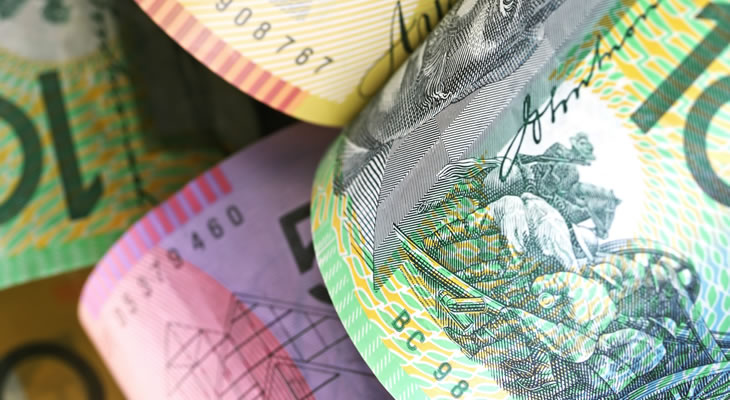GBP/AUD Exchange Rate Recovers despite Continuing Brexit Uncertainty
The Pound Australian Dollar (GBP/AUD) exchange rate has recovered slightly after yesterday’s fall, and is now trading at AU$1.7646.
The risk-averse ‘Aussie’ was hit by comments from the US President Donald Trump on Monday, with news that he planned to raise tariffs on US$200 billion in Chinese exports – an increase to 25% against the previous 10%.
With the Australian economy relying heavily on Chinese exports, this saw the Australian Dollar (AUD) take a tumble at the beginning of the week.
Meanwhile the Pound (GBP) initially steadied at the beginning of the week with Prime Minister Theresa May’s deal with the EU over her proposed withdrawal agreement was rubber stamped by Brussels.
However, as tensions mount over her attempts to convince Parliament to back her withdrawal agreement, investors remain hesitant to support Sterling as critical voices increase – domestically and internationally – over the Brexit arrangement.
GBP/AUD Buoyed against Struggling ‘Aussie’ despite Trump’s Criticisms of Brexit Deal
The GBP/AUD exchange rate is treading water today, while Sterling investors await the news of the Bank of England’s significant Financial Stability Report, which is expected to show that the UK would benefit from following May’s Brexit agreement rather than crashing out of the EU without a deal in place.
GBP investors will be scrutinising the financial stability report today, although with the recent volatility of the UK economy the BoE is likely to remain dovish about the UK’s financial outlook.
The Pound (GBP) took a hit yesterday after Donald Trump called May’s withdrawal agreement a ‘great deal for the EU’, further raising concerns about possible US-UK trade post-Brexit.
Furthermore, comments from the Chancellor of the Exchequer Phillip Hammond on this morning’s BBC Radio 4’s Today programme dampened market confidence in GBP when he said:
‘The economy will be slightly smaller in the prime minister’s preferred version of the future partnership.’
Australian Dollar Pound (AUD/GBP) Dips as ‘Aussie’ Plagued by Continuing US-China Trade Tensions
The Australian Dollar Pound (AUD/GBP) exchange rate is down today, despite continuing Brexit tensions dragging down Sterling.
The risk-averse ‘Aussie’ is highly sensitive to continuing US-China trade tensions this week with Friday’s G20 meeting in Buenos Aires, Argentina, seeing a ‘dinner date’ between Donald Trump and China’s President Xi Jinping, with hopes that trade tensions will be quelled.
However, tensions have been increasing since Trump hinted at raising tariffs on Chinese imports, with reports that China is considering retaliating by threatening to dump US bond holdings as a counterblast against the US.
Cui Tiankai, China’s ambassador to the US, said he deemed this situation unlikely, further commenting:
‘We don’t want to cause any financial instability in global markets. This is very dangerous, this is like playing with fire . . . I don’t think anybody in Beijing is thinking seriously about this. It could backfire.’
The Australian Dollar (AUD) was further weakened today following poor construction figures, signifying a decrease in Australia’s building industry, with a decrease of -2.8% for the third-quarter being reported against last quarter’s 1.8%.
GBP/AUD Outlook: Brexit Dominates as May Faces Turbulent Week Ahead
The Pound Australian Dollar (GBP) exchange rate is likely to face further pressure this week as the Brexit agreement faces further scrutiny .
GBP could weaken tomorrow with the release of October’s mortgage approvals figures, which are expected to show a drop, potentially further damaging market confidence in the UK’s economy.
Friday will also see the release of the UK Gfk Consumer Confidence index, which is expected to decrease slightly to -11 for November.
Meanwhile, Australian Dollar (AUD) traders will be looking ahead to the G20 summit over the weekend with the ‘Aussie’ benefiting from any positive trade developments.
Overall the GBP/AUD exchange rate in the week ahead is likely to be driven by political factors rather than economic ones, with Brexit remaining in the spotlight for GBP, and AUD hinging on the G20 summit.


Comments are closed.